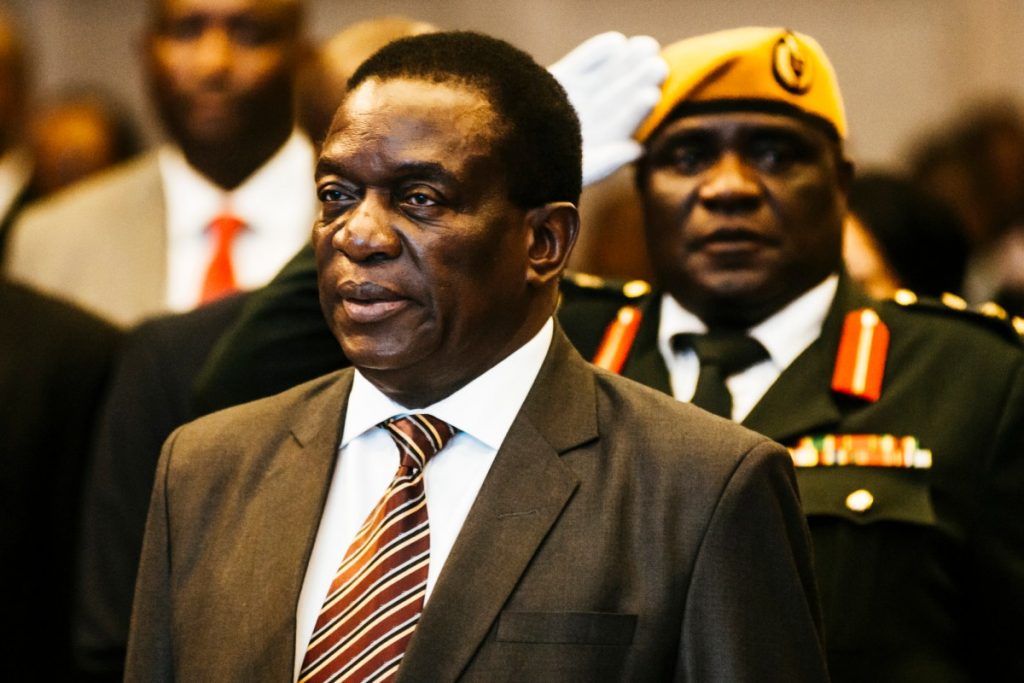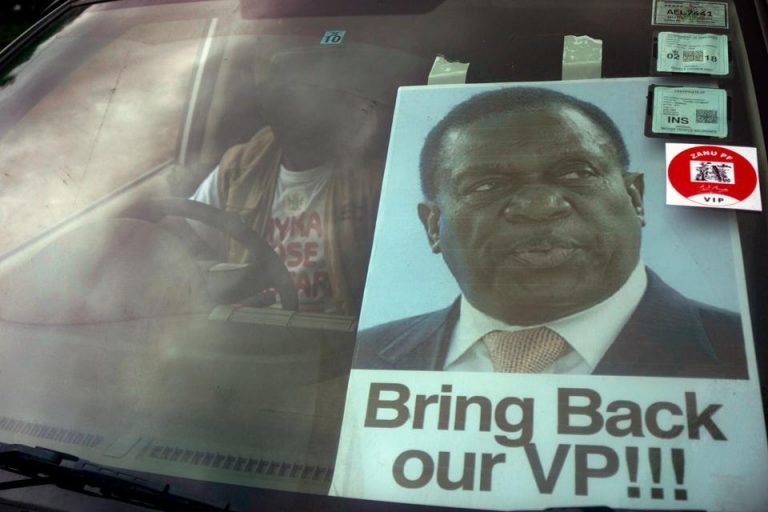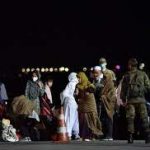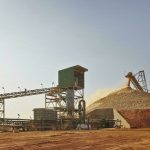In a bid to improve the investment climate in Zimbabwe, President Mnangagwa has to steer clear from more than 30,000 Liberation War veterans, a pillar of ZANU-PF party under Mugabe that factored into his toppling, following his attempts to diminish their influence.
Considering that, the veterans are likely to make an attempt to destabilize the Mnangagwa administration and restore their influence. But this scenario is questionable, as the veterans’ role is naturally declining, considering their age and changing elites. Former combatants often complain that they are sidelined from assuming senior posts in government.
With swelling hostility by the veterans, Mnangagwa’s tattered position might change for the worse.
Veterans play a key role in the ruling ZANU-PF party’s election machinery and have always been at the forefront of mobilizing party supporters. The President, therefore, might lose not just the party’s support, but also the support of his voters.
Disgruntled liberation war veterans have drawn daggers against President Emerson Mnangagwa accusing him of betraying them.

Read also: Roots for tension in Zimbabwe Politburo
The easily irritable former freedom fighters say the President has failed to give the ex-combatants a meaningful pension.In June this year, Members of the Zimbabwe Liberation War Veterans Association (ZLWVA) Harare province petitioned Parliament demanding equal monthly pensions awarded to other serving ex-combatants still employed in various government departments. Most of the disgruntled ex-combatants said they were discharged from the government’s uniformed forces, and are receiving less monthly pensions than their counterparts still in service.
The Liberation War Veterans pressure group chairperson Amos Sigauke said Mnangagwa took over power in a military coup in 2017, and none of their interests has been addressed.
In May 2018, Mnangagwa promised that pensions and allowances for veterans of Zimbabwe’s independence war would be increased, days after his government announced a 10 percent hike in salaries for all public sector workers. But the pandemic and the need to provide funding for the health system have cast a long shadow on those promises.
So, lack of money caused tensions among the 1970s freedom fighters. An unnamed official within ZNLWVA said that there were donations, which were given to the former combatants, targeting to remove the ex-president Robert Mugabe.
In July 2016, war veterans withdrew their support from Mugabe, calling on him to uproot the rot of corruption that was eating away at the country.
Over the years, Mugabe had gradually begun to marginalise figures from the 1970s liberation war, afraid of their influence in ZANU-PF and ability to overthrown him. The present military command is comprised of young commanders from that time, and they consider his distancing from that war generation as a threat to their own interests.
The veterans have long wanted Emmerson Mnangagwa, who was sacked by Mugabe on 6 November, to succeed him. On Sunday, November 19, Mnangagwa was appointed leader of Zimbabwe’s ruling ZANU-PF party after Mugabe had beenousted.
In 2018, veterans claimed they owed huge arrears in granted life-long Z$2,000 monthly pensions, as against the paltry $234 monthly the State is paying. So, they were displeased by their portrayal by the State in “negative national perception to deserved and lawful entitlements as tantamount to us being responsible for and holding the nation to ransom”.
Veterans also said that authorities have not addressed them ever since they were appointed. Sigauke said all they wanted was money and nothing else.
A group of war veterans has taken President Emmerson Mnangagwa to court seeking the nullification of the recently signed US$3,5 billion deal by government and commercial white farmers who lost their land during the country’s violent land reform process in the past two decades.
The resources had not reached all the war veterans, hence the infighting.
The war veterans had also accused their chairperson Christopher Mutsvangwa of undermining the authority of the president Mnangagwa and causing divisions within their organisation.
They are seeking to interdict Mnangagwa from implementing the agreement touted as the legendary deal that will bring finality to the country’s longstanding land question.
Mnangagwa, on July 29, 2020, approved the billion-dollar compensation deal arguing it would bring to finality the emotive land issue as envisaged by the country’s constitution.
In an application now before the High Court, the War Veterans Pressure Group has sued government over the deal.
Power struggles within the Zimbabwe National Liberation War Veterans Association (ZNLWVA) are reportedly weakening President Emmerson Mnangagwa’s power base, as they played a key role to his political ascendancy.
There is a good chance that the President is governed by his fear of ex-Vice President Constantino Chiwenga, who had an oversight role of the Ministry of Defense and War Veterans.




